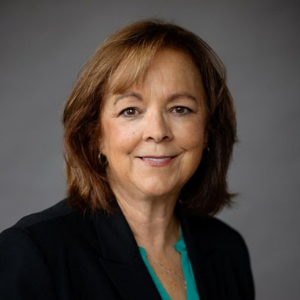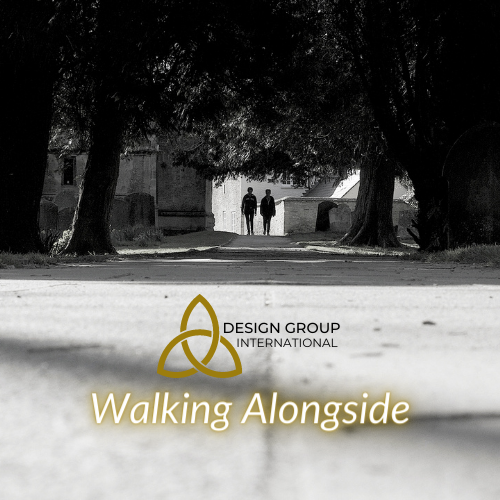Recently, my husband‘s family and I said our goodbyes to the matriarch of the family, a dear mother, mother-in-law, grandmother and great-grandmother. She left the mortal bonds of this earth one month before her 95th birthday. She was a humble person with a giving heart, and I could not have asked for a better mother-in-law.
During visitation before her memorial service and in notes of condolence, many people characterized my mother-in-law as kind and gentle. Her children, who knew her best, attested to her occasional feistiness and her ability to stand up for herself, which I also consider a great compliment. But I cannot think of a better way to be eulogized by a broader community than to be remembered as kind and gentle. In the weeks since, my thoughts have turned self-reflective.
When the time comes to leave my earthly body, how do I want to be remembered by those closest to me and by a larger community and network? If summed up in a few words, what are the descriptors that my children’s children will use to characterize me? And will grandchildren’s grandchildren even know who I was and what was important to me? What am I doing today that will live on in those coming behind me, both my family and others whose lives I touch? How might my characteristics, values, and actions inspire and impact future generations? Why is it important to ask these questions?
In a similar way, when Process Consultants work with leaders and organizations, we encourage self-reflection. To begin, we approach our clients with a posture of learning together with them:- why they want help,
- what they have identified as a need,
- who do they want to be engaged in a process to sort out
- what needs to happen, and
- when and how will they get to
- where they want to go?
As we turn self-reflective, Process Consultant and client learn together the answers to these questions.
Process Consultants support their clients’ learning, not only for the issues and needs at hand, but a learning that is retained by the client and a benefit to their leadership in the organization long after the work with the consultant has ended.
In an exploratory meeting with a potential client who had reached out to discuss how I might help them, the CEO remarked that they want to learn through the entire process of engaging a consultant, recognizing that they have not walked this particular journey before. My ears perked up because I recognized the posture of a learning organization in this stated desire. An organization benefits from learning, not only for the best short and long-term decisions, but for the sake of posterity.
-2.png?width=1200&height=1200&name=DGI%20-%20Core%20Competencies%20(3)-2.png)
What is learning toward posterity?
To answer this, here are a few more questions:
- How might today’s learnings impact:
- what happens next year,
- what happens next decade, and
- what happens in the future generations of the organization for years to come?
- How will strategies implemented today influence the successors and future generations of the organization?
- What is the impact on a transgenerational community? Does it honor the past, make reparations for mistakes, and extend justice and equity into the future?
Discovering answers to these questions is learning toward posterity. There are no cookie-cutter answers for everyone. Leaders must find what makes sense for their unique organization and its future.
How will you, your leadership and organization be remembered?
The CEO in my conversation and the leadership team will be making decisions that will affect the quality of life in their entire geographical region for generations to come. The organizational learning needed to navigate decisions that are transformational will embark them on a sight line to their future and the interconnectedness between past and future generations long after they, as current leaders, have moved off the scene.
I doubt my mother-in-law could have imagined how her passing has inspired reflection in me, nor indeed, how her life will continue to influence generations to come. But this is the significance of learning toward posterity. We are no longer present to know the outcome, but we are called to be faithful stewards of the moments given to us today.
To explore how I can help your organization learn toward posterity, contact me at roses@designgroupintl.com or (574) 536-1612.
Walking alongside,

 Rose Shelter
Rose Shelter
Design Group International
Senior Process Consultant
The core competencies of process consulting have been developed and are taught by the Society for Process Consulting. If you are interested in receiving your credential in process consulting please visit our website.
Dig Deeper
Listening, helping, learning by Mark Vincent
The Fifth Discipline: The Art & Practice of the Learning Organization by Peter M. Senge
Why Posterity Matters: Environmental policies and future generations by Avner de-Shalit

November 29, 2023

Comments